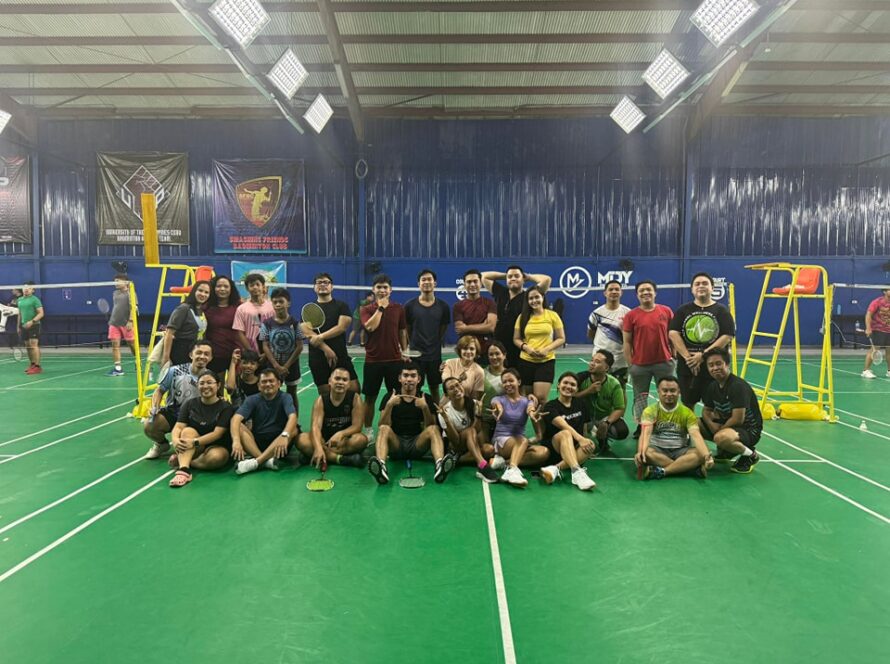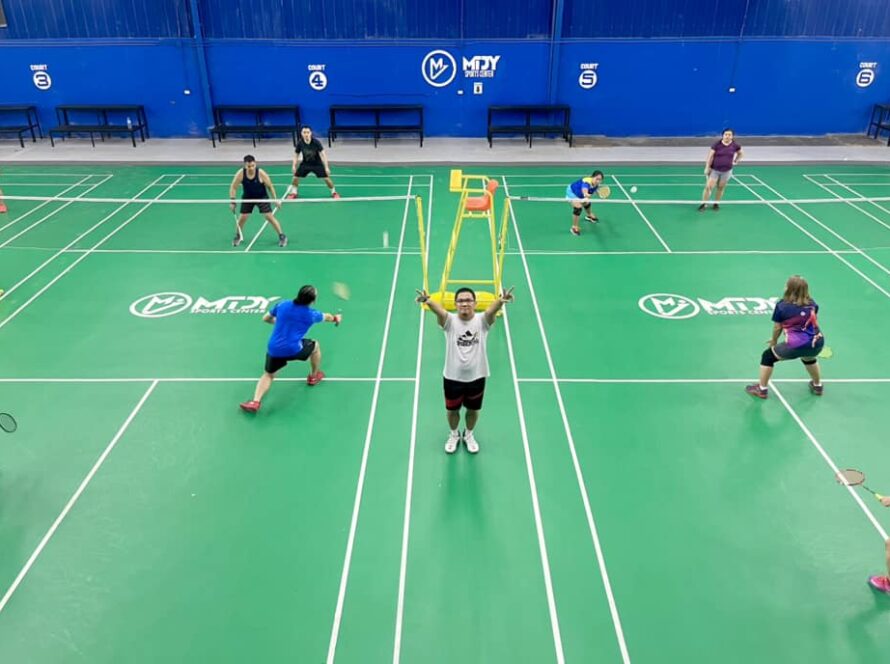Badminton, a sport that combines speed, agility, and precision, has seen a remarkable rise in popularity in the Philippines over the past few decades. From its early introduction to the widespread enthusiasm it enjoys today, badminton has woven itself into the fabric of Filipino sports culture. This article explores the history, factors, and key figures behind the sport’s growing prominence in the Philippines.
Historical Background
Badminton was introduced to the Philippines during the American colonial period in the early 20th century. Initially, it was played mainly in exclusive clubs and schools. Over time, as the sport gained more exposure, it began to attract a broader audience.
Factors Contributing to Popularity
Several factors have contributed to the rising popularity of badminton in the Philippines:
- Accessibility: Badminton is relatively easy to set up and play, requiring minimal equipment—a racquet, shuttlecock, and a net. This simplicity makes it accessible to people of all ages and socioeconomic backgrounds.
- Indoor Play: The ability to play badminton indoors makes it an attractive option in the Philippines, where tropical weather can often be unpredictable.
- Community and Social Aspect: Badminton courts and clubs have become popular social hubs where people can engage in friendly competition and community building.
- Media Exposure: Increased coverage of international badminton tournaments and the success of Filipino players in regional competitions have fueled interest and participation in the sport.
Key Figures and Milestones
The rise of badminton in the Philippines is also attributed to the efforts of key individuals and organizations:
- Asuncion Family: The Asuncion family, particularly Kennevic and Kennie Asuncion, has been instrumental in promoting badminton in the Philippines. Their achievements in international competitions have inspired many young Filipinos to take up the sport.
- Philippine Badminton Association (PBAD): The PBAD has played a crucial role in organizing tournaments, training programs, and grassroots development projects aimed at nurturing young talent.
- Corporate Sponsorships and Tournaments: Companies like SMART Communications have sponsored badminton events, providing financial support and increasing the sport’s visibility through well-publicized tournaments.
Badminton Infrastructure
The development of badminton-specific facilities has been pivotal in sustaining the sport’s growth. Numerous badminton courts have been established across the country, from community sports centers to high-end clubs, making the sport more accessible to enthusiasts at all levels.
Grassroots Development
Efforts to promote badminton at the grassroots level have been successful in creating a robust pipeline of talent. School programs, local tournaments, and coaching clinics have all contributed to a steady increase in young players picking up the sport.
International Success
Filipino badminton players have made their mark in international competitions, which has further heightened the sport’s profile in the country. Achievements in regional events such as the Southeast Asian Games have garnered national pride and increased interest among aspiring athletes.
Cultural Impact
Badminton has transcended being just a sport in the Philippines; it has become a part of the Filipino lifestyle. The sight of people playing badminton in parks, community centers, and even streets is a testament to its deep integration into daily life.
Conclusion
The journey of badminton’s rise in popularity in the Philippines is a story of accessibility, community spirit, and the tireless efforts of passionate individuals and organizations. As the sport continues to flourish, it promises to inspire future generations, fostering a culture of active participation and national pride. With its growing infrastructure and increasing talent pool, the future of badminton in the Philippines looks bright, ensuring that the sport will remain a beloved pastime for many years to come.





